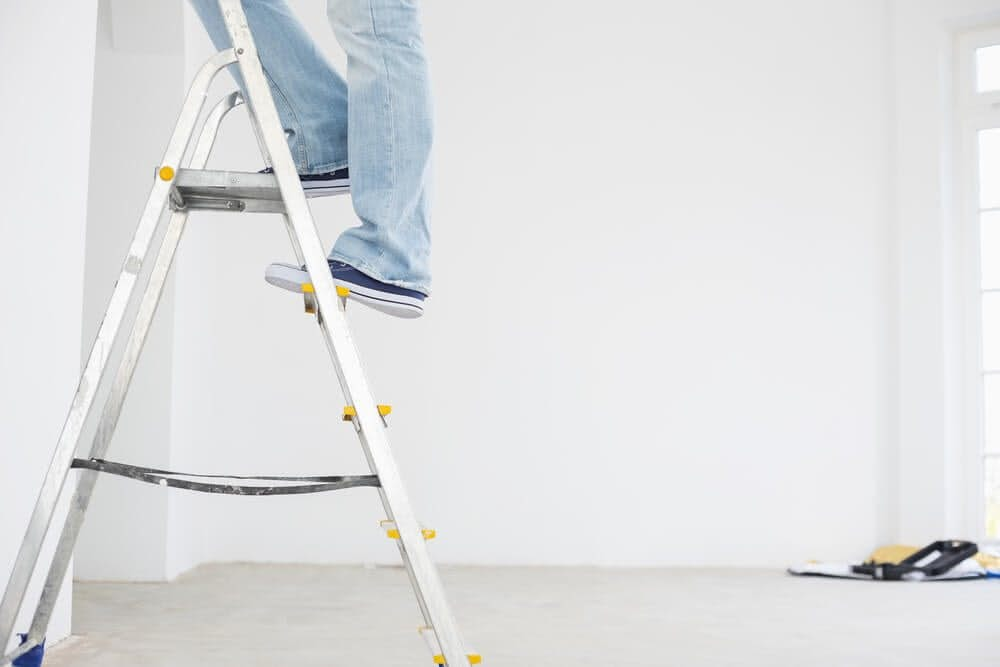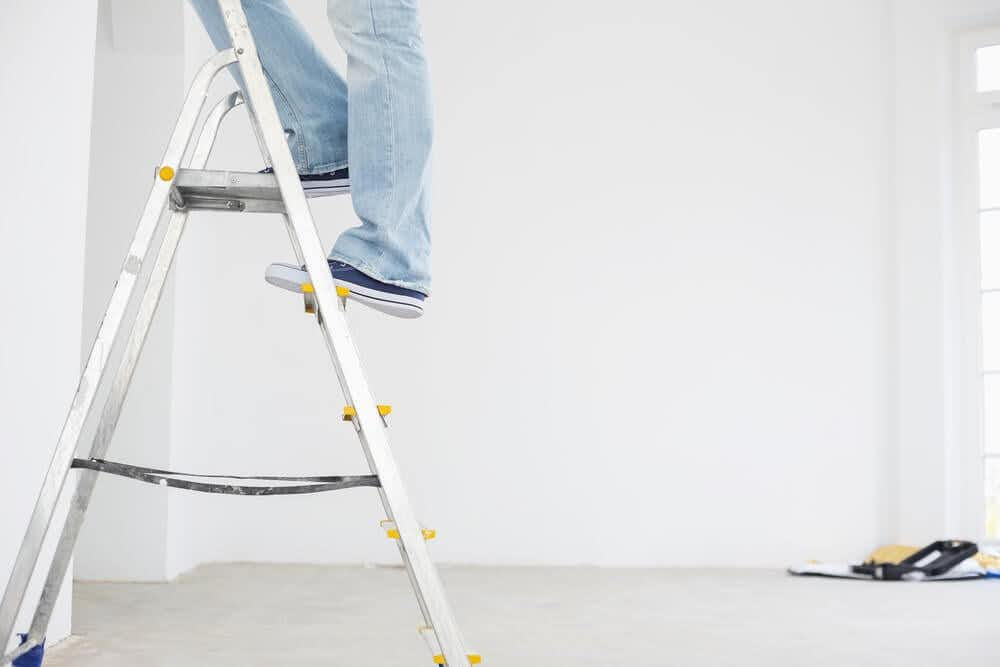Background:
Suzanne Heer brought a products liability lawsuit against Costco Wholesale Corp., Rubbermaid, Inc., and Tricam Industries, Inc. seeking damages for injuries she suffered in 2011 while using a Rubbermaid step stool that she purchased at Costco and that Tricam Industries designed and manufactured.
Heer used the step stool approximately 15 times over the course of 10 months without incident and never noted any instability. She said she read and understood the step stool’s warnings and instructions. The date of the incident, she was adjusting a vent when she fell to the left. Then the ladder’s front left leg had bent inward. She consequently broke her arm in two places.
Heer filed claims of breach of express warranty, breach of implied warranty, and negligence, violation of the New Mexico Unfair Practices Act and strict products liability. She also alleged a defect in the step stool’s leg caused it to fold under her as she reached for the vent.
Engineering Expert Witness:
Plaintiff expert Bradley J. Stolz, a mechanical engineer, conducted a laboratory examination of the step stool. He concluded that Heer’s fall was not the result of misuse or failure to follow warnings, but was due to a design defect. The collapse occurred at a weakened section in the step stool where a hole had been punched into the tubular steel of the legs at rivet locations. Stolz said the hole weakened that section of the step stool. Subsequently, this caused the lower portion of the front rail to fail in a lateral manner.
Stolz said it was economically and technologically feasible to include a lateral support mechanism in the design of the step stool. Doing so would have prevented the failure, he said.
Admissibility of Engineering Expert Witness:
The District Court granted defendants’ motion to exclude Stolz’s testimony under Federal Rule of Evidence 702. They found his testimony was not scientific and did not “draw on any specialized knowledge or utilize any discernible methodology”; he also did not test his hypothesis of the cause of the fall or his alternative design for the stool; he relied only on a visual inspection of the step stool, some measurements, and a review of Heer’s deposition testimony; his report did not refer to the ANSI safety standards for ladders; and he failed to eliminate as a plausible cause for the step stool’s collapse that Heer lost her balance while reaching for the vent, causing her to fall and to collide with the step stool as she landed.
The trial court also granted summary judgment to the defendants. Heer appealed. She argued that the District Court applied the wrong legal standard by failing to consider the evidence of a similar case. Therefore, it abused its discretion in determining Stolz’s testimony was not reliable.
A 10th Circuit U.S. Court of Appeals panel found on Oct. 29 that this case is replete with the district court’s analysis and careful application of the Rule 702 and Daubert factors. The mere fact the District Court did not mention Stolz’s minimal evaluation of the similar case—which the appeals panel said consisted of conclusory statements based solely on Stolz’s review of the photographs from that case—is not enough to show it failed to sufficiently develop the record.
Regarding Stolz’s reliability, the panel said his report was plagued by an analytical gap.
“The report provided no scientific basis for its conclusion that a defect in the step stool’s design caused Ms. Heer’s fall,” the panel said. “Mr. Stolz made no attempt to test his theory, nor did he make any calculations, apply any engineering principles to his causation theory, discuss any industry standards, or mention any scientific authority that supported his theory. Without scientific or technical support for Mr. Stolz’s theory, the district court was left with only Mr. Stolz’s conclusory opinion that the step stool was defective. Such an unsubstantiated basis is insufficient under Rule 702, and the district court was therefore within its discretion in determining Mr. Stolz’s opinion was not reliable.”
The panel said Stolz’s causation opinion is speculative. It also ignores completely the fact that the step stool design complied with applicable industry standards.
The District Court’s weighing of Stolz’s testimony against that of the defense expert, Dr. Mack Quan, was a closer question, the panel said, but it found the court acted within its discretion. The District Court noted that Quan tested his own and Stolz’s theories. The panel said this illustrated that testing was feasible. The District Court also compared the two methodologies to illustrate that Stolz failed to consider other plausible explanations for the damaged stool.
Finally, the panel found summary judgment for the defendants was appropriate.




